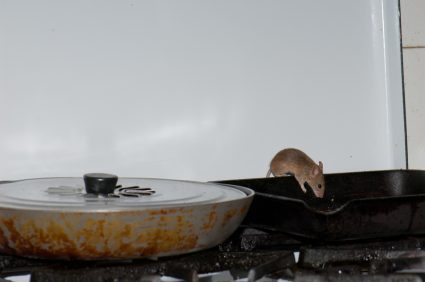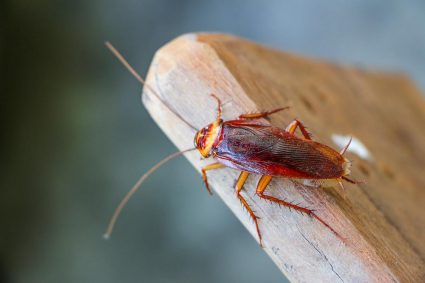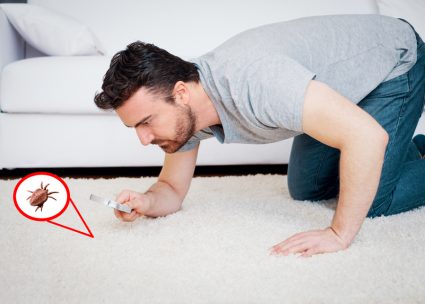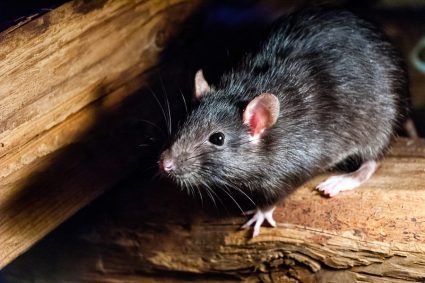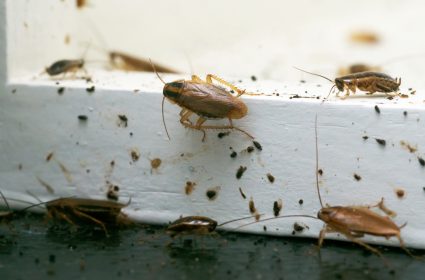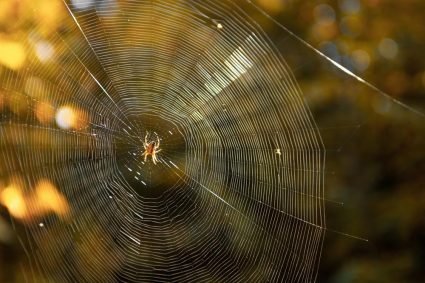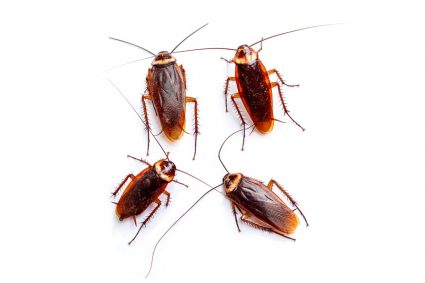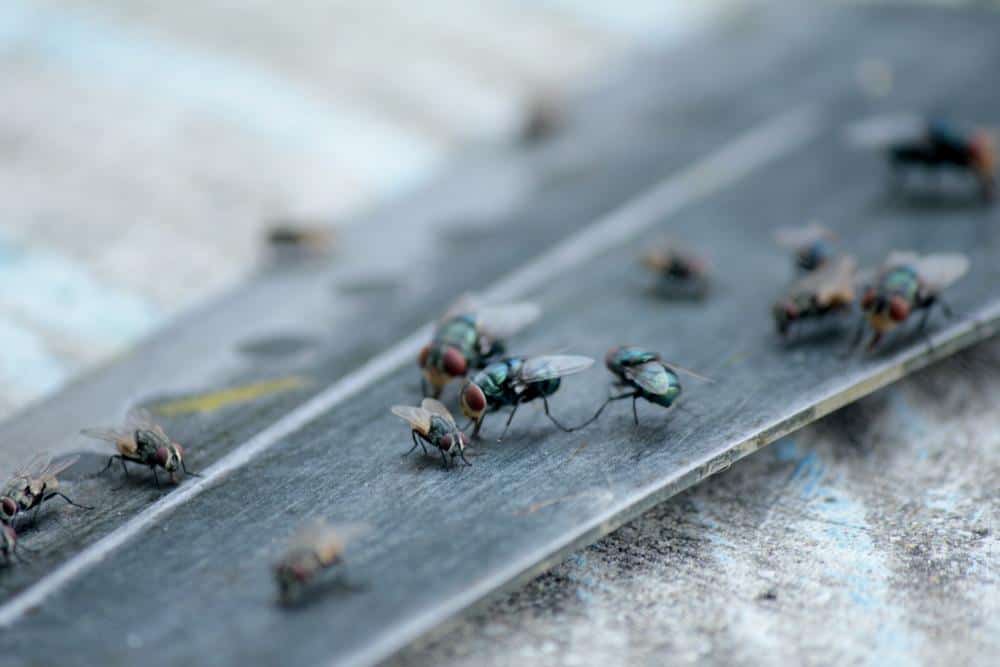
Flies are a common nuisance in many homes, especially during the warmer months. They can carry diseases and are generally unpleasant to have around. While there are many commercial products available to combat these pesky insects, a more natural and cost-effective solution can be found in your kitchen pantry: vinegar.
While vinegar doesn’t repel flies, it can be used to trap and eliminate them. Flies are attracted to the smell of vinegar, particularly apple cider vinegar. By creating vinegar-based traps, such as a vinegar bowl trap, a mason jar fly trap, a saran wrap fly trap, or a vinegar fly spray, you can effectively reduce the number of flies in your home. Remember to dispose of traps properly to prevent the spread of bacteria.
Understanding Vinegar as a Fly Deterrent
Contrary to common belief, vinegar is not a repellent for flies; in fact, it attracts them. However, it can be used as an effective solution to trap and eliminate flies. The strong smell and acidic nature of vinegar, particularly apple cider vinegar, attract flies. When mixed with other ingredients like dish soap or fruit, vinegar can become a lethal trap for these unwelcome guests.
How Vinegar Works Against Flies
Flies, such as fruit flies, are attracted to the smell of acetic acid, the main component of vinegar. However, when the concentration of vinegar is too high, it activates an additional olfactory glomerulus in the fruit fly brain called DM5, which causes the flies to avoid the odor. This competitive interaction between attraction and repulsion determines whether the fly decides to approach a potential food source or stay away.
Effective Vinegar-Based Methods to Keep Flies Away
While vinegar attracts rather than repels flies, it can be used to create effective traps. Here are a few methods you can try:
Vinegar Bowl Trap
- Pour apple cider vinegar into a wide-mouthed small bowl.
- Optionally, add a drop of dish soap to the vinegar. This breaks the surface tension and makes the trap more effective at trapping flies.
- Place the bowl in areas where flies tend to gather.
Mason Jar Fly Trap
- Fill a small-mouthed mason jar a quarter of the way with apple cider vinegar.
- Place a small piece of cut fruit in the jar.
- Create a cone from white paper and place it in the mouth of the jar, with the narrow end pointing down.
- The flies will be attracted to the vinegar and fruit but will have difficulty escaping through the small hole at the bottom of the paper funnel.
Saran Wrap Fly Trap
- Place old fruit or sugar in warm water inside a jar or bowl.
- Cover the container with plastic wrap and use a toothpick to poke holes just large enough for the flies to enter.
- The flies will be attracted to the bait but will have difficulty escaping through the small holes.
Vinegar Fly Spray
- Mix straight vinegar with a drop or two of dish soap in a 24-ounce spray bottle.
- Set the spray bottle to stream and spray flies where they land.
- The vinegar and dish soap will stick to their feet, crippling their flying abilities.
Safety Precautions and Potential Risks
Vinegar is generally safe to use, but there are some precautions to consider. Avoid using vinegar near food preparation areas or where children and pets may come into contact with it. If you are using vinegar traps, dispose of them properly once they have caught flies to prevent the spread of bacteria.
Comparing Vinegar to Other Natural Fly Repellents
While vinegar traps can reduce the number of flies, they should be used in conjunction with other control methods for a more comprehensive solution. Other natural methods that have been proven effective in repelling flies include using herbs and plants such as Mexican marigolds, mint, rosemary, lavender, yarrow, and pitcher plants. Essential oils like eucalyptus, peppermint, and lemongrass may also help deter flies.
In conclusion, while vinegar is not a preventative measure against flies, it can be used as an effective tool once an infestation has already occurred. By using vinegar-based methods, you can effectively keep flies away from your indoor and outdoor spaces.
Frequently Asked Questions
Can I use any type of vinegar for these traps?
Yes, you can use any type of vinegar. However, apple cider vinegar is often recommended because its fruity smell is particularly attractive to flies.
How often should I replace the vinegar in the traps?
You should replace the vinegar in the traps once it becomes full of flies or if it no longer smells strongly of vinegar. This is usually every few days to a week, depending on the level of infestation.
Why do I need to add dish soap to the vinegar?
Adding a drop of dish soap to the vinegar breaks the surface tension, making it difficult for the flies to simply sit on the surface and not fall in.
Can I use these vinegar-based methods to deter other insects?
While these methods are particularly effective for flies, they may also work for other small insects attracted to vinegar or fruit, such as gnats.
Is it safe to spray the vinegar fly spray directly on the flies?
Yes, it is safe to spray the vinegar directly on the flies. However, avoid spraying it near food or areas where it might come into contact with your eyes or skin.

